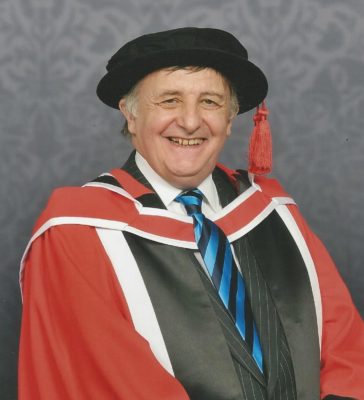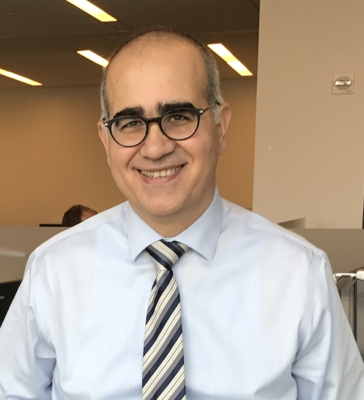
George C Kieffer
Current Employer/Organisation Name
Estuary Housing Association
What have you been doing since leaving Exeter, and what are you doing now?
Having failed to join the RAF as a fighter pilot, I tried accountancy, but found it stale and unprofitable. Went into banking instead and enjoyed the customer contact and the ability to exercise judgement. Ended up working in the City before going into commerce and becoming Deputy Chairman of Sega Enterprises, the Japanese games company. Finally at age 46 started a business in aerospace and defence working in Russia and the US before taking becoming a serial NED, including Deputy Chairman of a Regional Development Agency, Founding Chair of South East Local Enterprise Partnership and at age 70 I am Chair of Estuary Housing Association and Chairman of the Haven Gateway Partnership, before considering retirement at around 75 – if I am spared!!
Why did you choose this career? And what do you enjoy most about your work?
I was fortunate in “falling into” careers at a time when a University degree was what mattered to recruiters rather than the subject matter. Today’s students have a much tougher way ahead of them.
Please tell us if you were a member of any societies, groups or sports clubs?
Conservative & Unionist Association (as it was at the time in the early 1970s; Monday Club; ran the student bar at Birks Halls; amateur dramatics, including appearing in Exeter Cathedral for a Mystery Cycle play.
What did you enjoy most about your programme and what was the biggest highlight?
It allowed me a great deal of freedom to study authors and other topics I felt an affinity with. The lectures and tutorials by Keith Salter were inspirational and the lectures by Prof Moelwyn Merchant on Shakespeare gave me fascinating insights which have left me with a life-long love of literature, language and word-smithing.
What did you enjoy most about studying here?
The friendships I made which endure to this day, the campus and the approachability of the academics I dealt with not just in my department but across the faculty.
Why did you choose to study at Exeter?
In 1969 I won a British Council scholarship for Exeter.
What skills and experiences have been most useful for your career?
My analytical skills and the ability to discern and summarise the essence of a proposal and the risks and opportunities helped me grow my decision-making ability which was key to my success in business. My involvement in politics developed my political “nous” and all these attributes have stood me in good stead since.
What advice would you give to a current student who wishes to pursue your career?
Don’t!!! My career is not a template. Find something that you are interested in and feel passionate about and don’t be disheartened by a false start – but don’t make too many of them!
What are your plans for the future?
Retiring when I am 75!! to do more reading – particularly military and intelligence history.

